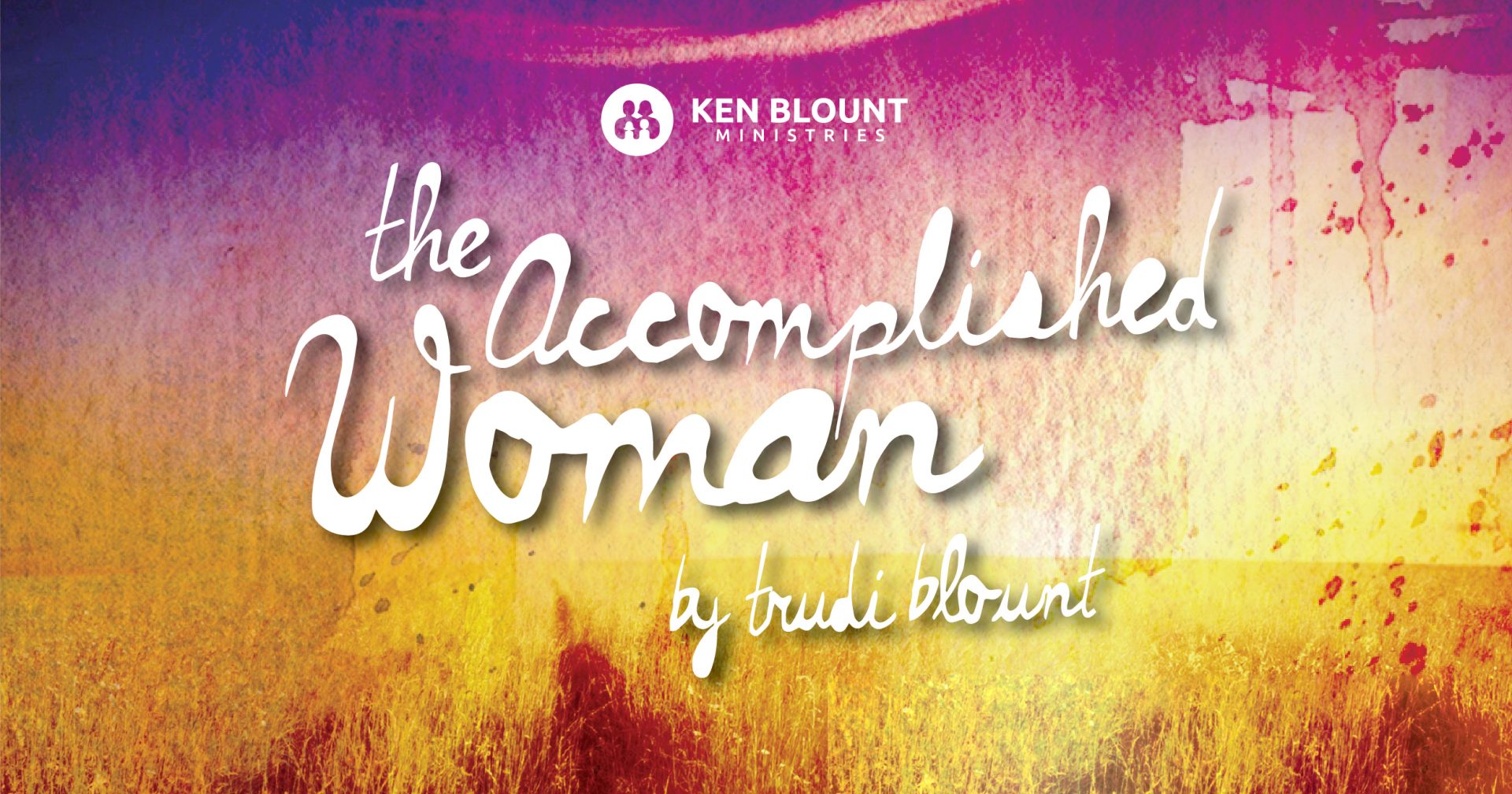
Ruth: The Crossroads
Accomplished Woman
Women of the Bible Series
By Trudi Blount
Ruth || The Crossroads
In our last post we see Ruth left at the crossroads of who she would follow: Naomi or Orpah. From Ruth 1:8-14, Naomi endeavors to make them both understand the depth of the commitment they will have to make returning to Israel. Both Orpah and Ruth make their decision.
We discussed the kiss-off with Orpah, Ruth’s sister. But scripture says Ruth clung to Naomi. According to Websters Dictionary “to cling” means to adhere to as if glued!
In verse 15, Naomi continues to test Ruth’s devotion. Naomi is making sure that her decision is solid.
Ruth 1:15 And she (Naomi) said: Behold, your sister-in-law is gone back to her people, and to her god; return after your sister-in-law.
Here we see Ruth’s answer in verse 1:16. This is the quote that the book of Ruth is famous for. I’ve seen this used on cards, cups, wedding vows and just about every kind of religious paraphernalia you can think of. But its depth of consecration is often misunderstood.
And Ruth said: 1:16 Entreat me not to leave you, and to return from following after you; for wherever you go, I will go; and where you lodge, I will lodge; your people are my people, and your God my God;
17, Where you die, will I die, and there will I be buried; Lord, do so to me, and more also, for death part you and me.
18, And when she (Naomi) saw that she was steadfast to go with her, she left off speaking unto her. And the two walked together.
In the book of Amos 3:3 it says “Can two walk together, except they be agreed”?
There had to be complete agreement between Naomi and Ruth for this relationship to survive. When Orpah kissed Naomi it became apparent that Orpah intended to go back to her own people and her gods.
Orpah’s decision was deliberate and absolute!
It is a common practice to kiss someone when they are departing. This is known as a “goodbye kiss” and it
signifies that a separation is taking place. However in Orpah’s case it represented a final separation because of her mindset.
Orpah was showing her independence and that she was no longer following “after” Naomi. Orpah was now going to go her own way, free of Naomi’s influence.
Orpah’s decision presented a crossroads to Ruth. Would she follow Naomi or Orpah?
Let’s examine the scripture in more depth:
Ruth 1:15 And she (Naomi) said: Behold, your sister-in-law is gone back to her people, and to her god; return after your sister-in-law.
The word for “sister-in-law” that is used here is very unusual for the context. What we translate as “sister-in- law” in English is quite different in the Hebrew language. In the original Hebrew it’s a word that signifies a strong family bond.
You could state verse 15 like this;
Naomi said; your real family bond is gone back to her people, and to her god; return after your real family bond.
In other words, Ruth and Orpah were from the same family. They had strong similarities, and a natural
closeness because they shared a blood tie between themselves. Orpah was, after all, her sister, and she was Moabite. Perhaps this would be a more appropriate path for Ruth than going with Naomi. Naomi was offering Ruth that option. This was to be a huge transition for Ruth and Naomi knew it.
As I surmised in our first blog on Ruth, she was the perfect follower. In our culture, followers are seen as weak and leaders represent the ideal. In other cultures it is not so. The truth is this: following a godly teacher/mentor is more noble and usually more productive than blundering along on your own.
Some of the reasons people don’t want discipleship are:
1.To be a disciple requires intense humility.
2.To be a disciple requires that you face correction. 3.To be a disciple requires change.
We will never escape this. The Bible is a book that tells us how to live and that people need mentors.

Excellent blog. You are right that we need Godly mentors. Many times it makes all the difference in success or failure.